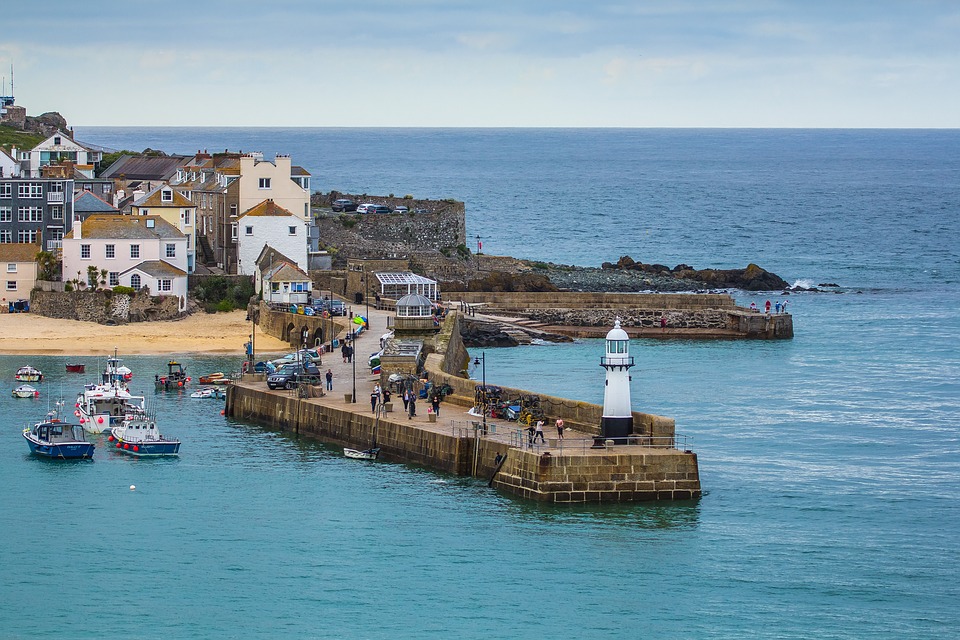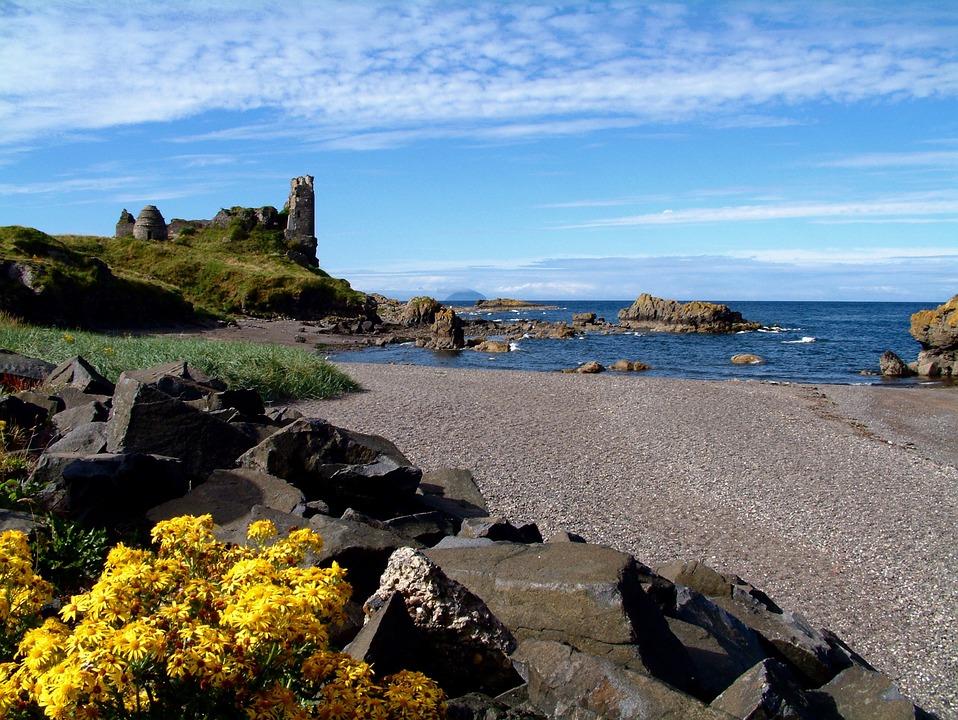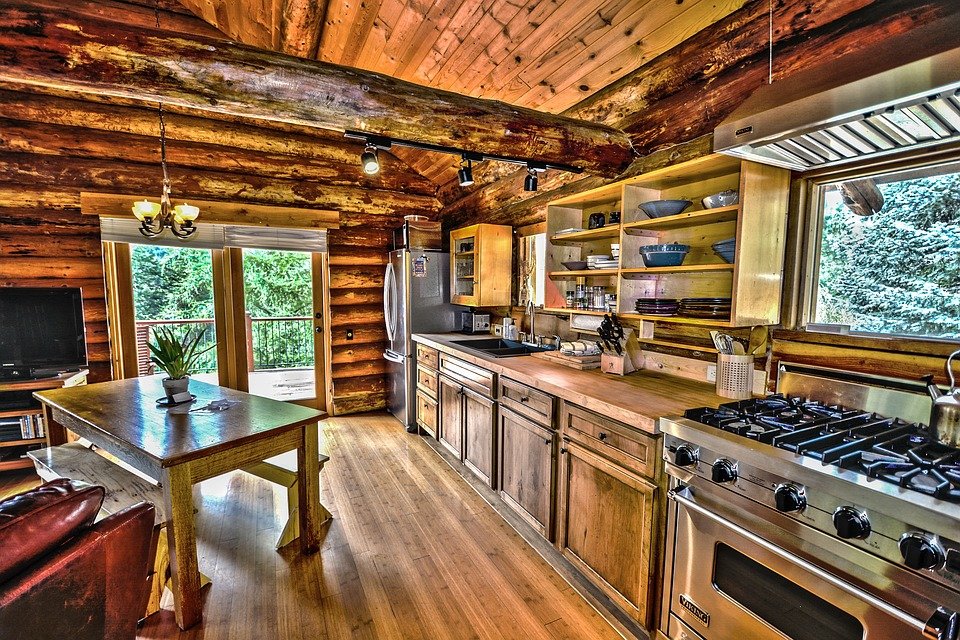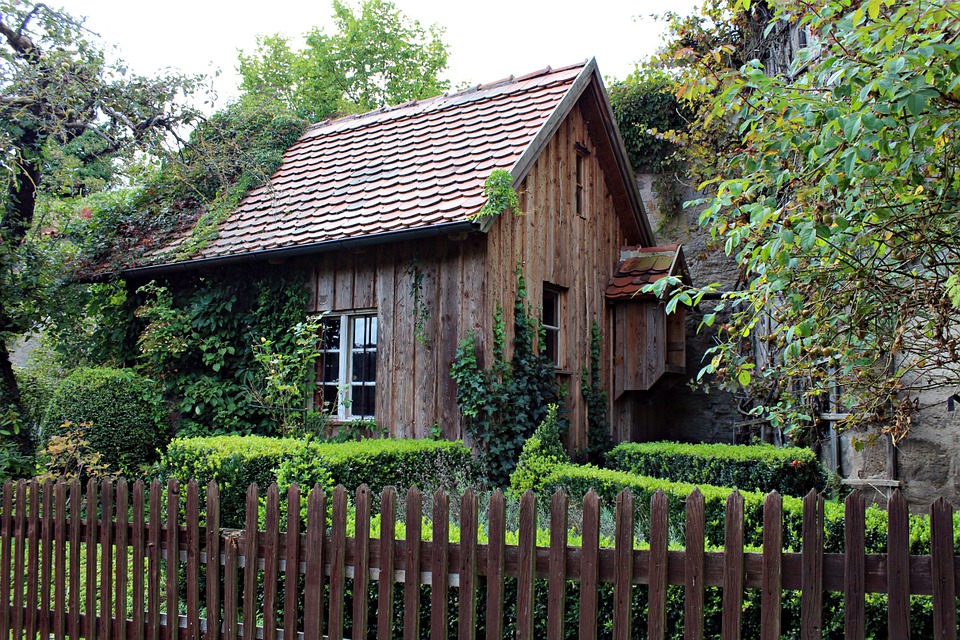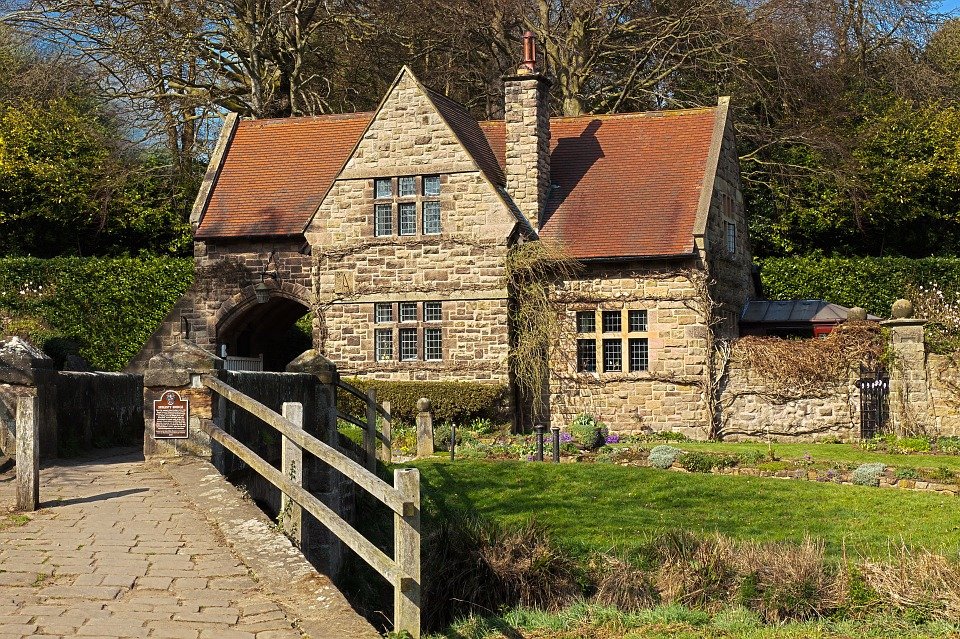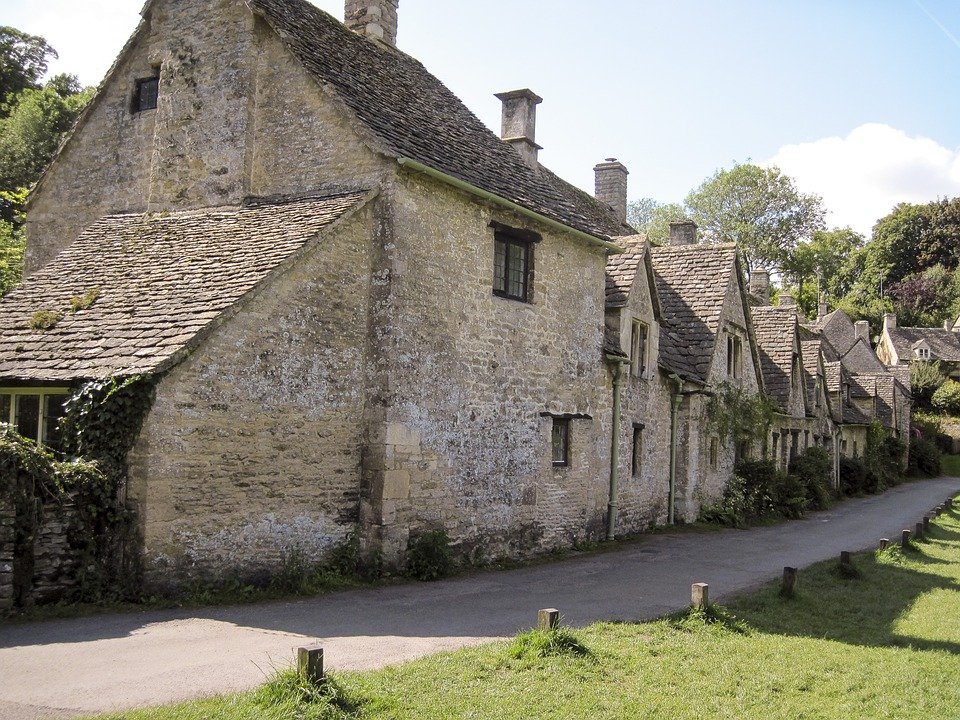UK HOLIDAY homeownership has shot up across the UK in the last year, with sales propelled by the popularity of domestic vacations are a result of coronavirus international travel restrictions. But how can those looking to buy be sure they’ve picked the right property?
According to Raoul Fraser, founder of UK holiday park provider Lovat Parks, those looking to purchase a staycation property “shouldn’t think of them as investments”. However, he does note that holiday homes in certain locations have the potential to help owners make money by renting them out.
In the last 18 months, Mr Fraser says some homeowners have managed to attract even more guests than normal, and earn enough money to help cover the costs of their staycation property.
He told Express.co.uk: “We’ve seen some customers rent their holiday homes for over 3000 pounds a week. We do not say that customers should think of these as investments, but if you think about that your payback can be up to five or six years.”
For Britons just dipping their toes into the world of holiday homeownership, however, the prospect of purchasing may seem daunting.
Luckily, Mr Fraser shared some of his top five tips to help homeowners pick the right staycation property.
Contact us today to speak with a specialist Holiday Let Broker to discuss how we can assist you
Research the holiday park you are purchasing a home within
Many holiday homes across the UK are housed on existing holiday parks, such as Lovat Parks.
Lovat Parks, for example, has eight holiday parks across the UK – seven of which offer the opportunity for people to purchase a holiday home within the park.
According to Mr Fraser, if Britons are hoping to buy a staycation property, it is vital they look into the park they are hoping to purchase from.
He explained: “I would always as the park operator if they are members of the two trade bodies, The British Holiday Park and Home Parks Association or the Caravan Council because they have rules and regulations that you have to abide by and I think that’s important.”
He continued: “We always say to customers, even if you don’t buy from us, when you’re thinking about it, buy from someone who is financially solvent.
“Buy from someone who treats their customers properly, because that is really important.
“Unfortunately, there are some operators like in any industry, who are often the customers.”
Mr Fraser also advises speaking to other customers on-site to find out what the holiday park is like to spend time on.
He said: “You want to go with a company whom you think does care about the experience and make sure you speak to customers on-site, so that you can hear of their experience and how it’s gone for them.”
Pick the right price point for your holiday home
The cost of holiday homes varies depending on the age, style, fixtures and fittings of the property.
As Mr Fraser points out, newer or custom-built properties can cost far more than a traditional caravan.
He said: “We have different price points on our park.
“You can buy a pre-loved caravan on our site in Kent for £30,000 pounds, or you can buy a new lodge in Cornwall or the New Forest for ten times that.
“We’d always say when thinking about buying a holiday home, make sure you can afford it, because every year, people have to pay site fees.
“That site fee is in return for maintaining the park, and that enables them to keep their caravan on a piece of land.”
Even if you have picked a property within your price range, Mr Fraser recommends thinking seriously about whether this is a long-term purchase you want to make.
He explained: “Just think about it long term. We always say to people, it’s a big decision, and really think about it, we’d never want anyone to rush into making decisions and not think about it.
“Is it something that you want to do long term? There is no point owning it for one or two years and then deciding you don’t necessarily want to own it anymore.”
Decide whether or not you want a custom or fully furnished property
Some caravans and lodges, particularly new-builds, can be kitted out with specific upholstery, appliances of features.
Mr Fraser says, if this is something customers are hoping for, they should think about it in advance.
He said: “If you buy a lodge which comes fully furnished, there is an opportunity to customise the lodge if you give us enough notice.
“In other words, you can literally pick the furnishings, the layout, but it does take longer than if you just buy one off the shelf.”
Pick your location wisely
The location of your holiday home is not only important for personal holidays but can also be crucial to homeowners who are looking to rent out their property in the future.
Mr Fraser explained: “We try and recommend people buy relatively close to where they live so that they can get the most out of it.
“That’s typically a two to three-hour radius. Cornwall is a little different because not many people live in Cornwall.
“For the New Forest, for example, there’s no point buying it and then hardly using it yourself.”
He added: “Generally people need to think about if they want to be closer to the beach or they happy to be inland. If they are inland are there nice pubs nearby or are you close to shops swell so that you’re not too isolated?”
Be prepared to wait
Given demand is sky-rocketing for properties, Mr Fraser says people need to be prepared to wait.
Some of the most popular parks currently have no availability, while those seeking new-build or customised properties will have to sit tight until their holiday home has been created.
He explained: “Because the demand is so high, we always say to customers you might have to wait for your caravan to arrive because the manufacturer is under real pressure to cope with demand.
“We ourselves, on some of our parks are waiting for some of our holiday homes to arrive, so just be patient.”
By AIMEE ROBINSON
Source: Express
Discover our Holiday Let Mortgage Broker services.


